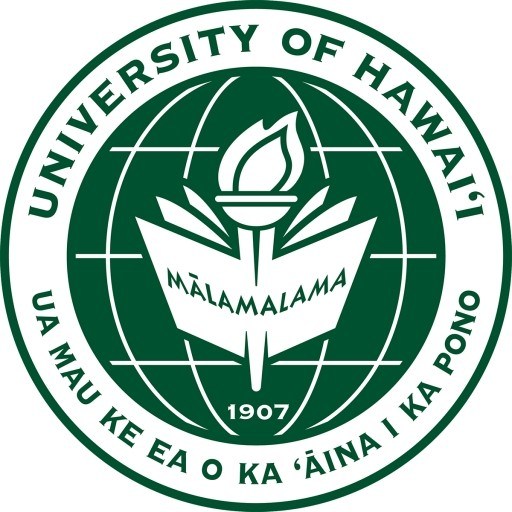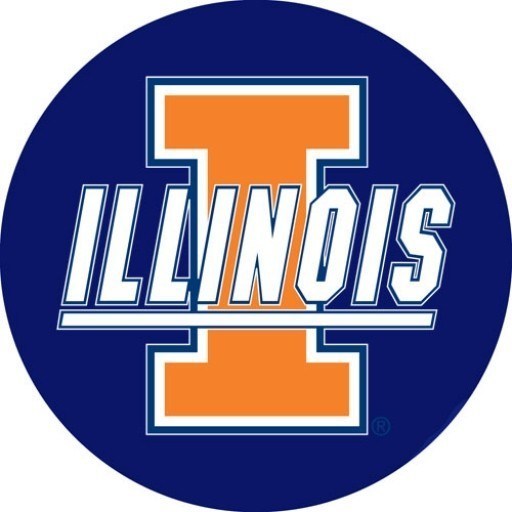Photos of university / #univofmaryland
The purposes of the Human Development graduate programs are to contribute to basic knowledge about human development and learning and apply this knowledge in various settings. The general areas of human development covered in courses and research include infant and early childhood development, child development, and adolescent development. Specific faculty areas of expertise and research include achievement motivation, cognitive development, developmental neuroscience, earhcy childhood policy, language development, literacy development, peer relationships, teacher-student relationships, moral development, social development, temperament, parenting, prejudice and discrimination, and the role of culture on many aspects of development.
Graduate programs in Human Development lead to the Master of Education, Master of Arts, and Doctor of Philosophy degrees. The research-oriented M. A. (with thesis) and the Ph.D. degree programs in human development are designed to develop students' scientific knowledge of human development and ability to carry out original research projects. The M.Ed. and M.A. without thesis programs are designed to develop competencies in identifying implications of the scientific knowledge of human development for specific situations and contexts, particularly elementary and secondary schools.
Human Development offers two specialization areas of study at the doctoral level, Educational Psychology and Developmental Sciences. The graduate programs and specializations prepare graduates for faculty positions at universities or research positions at institutions where research in developmental science and educational psychology is conducted. Graduates of our program have obtained positions as university professors, research scientists, program analysts, and other research-oriented occupations including research-oriented professionals in private, policy, or advocacy organizations.
The Ph.D. degree requires 72 hours of credit which includes 12 dissertation credits. Courses in biological, social, and cognitive development and in intermediate statistics and research methods are required. Students also receive credit for research experiences. Slight modifications of these requirements characterize the Specializations in Educational Psychology and Developmental Sciences. Students are also required to complete a comprehensive examination portfolio prior to advancement to candidacy.
Requirements
The College of Education and Graduate School require a minimum GPA of 3.0 (on a 4.0 scale) at the undergraduate level. At the master’s level, a minimum GPA of 3.5 is required by the College of Education. The general Graduate Record Exam (GRE) is required by the Department. Three letters of recommendation including evidence of academic potential from university faculty references are required. In addition, students must write a statement of purpose which indicates a match between student research interests and faculty expertise. Students should indicate their research interests, describe any relevant research experience,and how their experience and interests can be met by our program.
- GRE General
- 3 Letters of Recommendation
- Statement of Goals
Scholarships
Students requesting consideration for Financial Aid, in addition to completing the financial aid form found in the Graduate Admissions application, must submit their application by the priority deadline. All students who submit their application by December 15 will automatically be reviewed for any departmental aid. University fellowships, NIH traineeships, and Departmental assistantships are awarded on a competitive basis -- more students are admitted than can be awarded funding. In recent years, only students with undergraduate GPA’s of 3.6, GRE scores above the 70th percentile, and strong letters of recommendation from academic references have been successful in obtaining Recruitment Fellowships sponsored by the Graduate School and graduate assistantships in the Department.
First priority for Departmental assistantships goes to students already admitted to the Department who have been assured financial assistance for the full course of their study. Almost all awards of fellowships and assistantships are based on previous academic performance, with little attention to need. In addition, some faculty have external grants which provide support for graduate students. Students who do not receive a fellowship or assistantship from the Department may contact the University Financial Aid office at 301-314-9000 for information about other sources of financial support.
The Human Development program at the University of Maryland, College Park, offers a comprehensive interdisciplinary education focused on understanding the biological, psychological, and social aspects of human growth and development across the lifespan. This program is designed to provide students with a broad understanding of factors that influence individual development, including genetics, environment, culture, and social policies. Students gain foundational knowledge in areas such as child development, adolescent development, adult development, and aging, enabling them to critically analyze how various forces shape human experiences and well-being.
The curriculum combines coursework in psychology, sociology, education, public health, and other related fields to foster a holistic understanding of human development. Students are encouraged to engage in empirical research, case studies, and community-based projects to apply theoretical concepts to real-world situations. The program emphasizes the importance of diversity and cultural competence, preparing students to work effectively with diverse populations and to address complex developmental issues in various settings, including schools, healthcare, social services, and policy-making.
Students in the Human Development program have access to state-of-the-art laboratories, research centers, and internship opportunities that enhance experiential learning. They are guided by faculty members who are experts in fields such as developmental psychology, early childhood education, aging studies, and family studies. The program also prepares students for graduate study or careers in areas such as clinical and counseling psychology, social work, public health, education, and human services.
The University of Maryland’s location offers further advantages, as students can participate in internships, service learning, and community engagement activities in the Washington D.C. metropolitan area. This proximity enables practical exposure to policy institutions, healthcare organizations, educational institutions, and non-profit organizations, thereby enriching students’ academic experience with real-world applications. Overall, the Human Development program aims to foster knowledgeable, compassionate, and socially responsible professionals dedicated to improving human lives across all stages of development.



